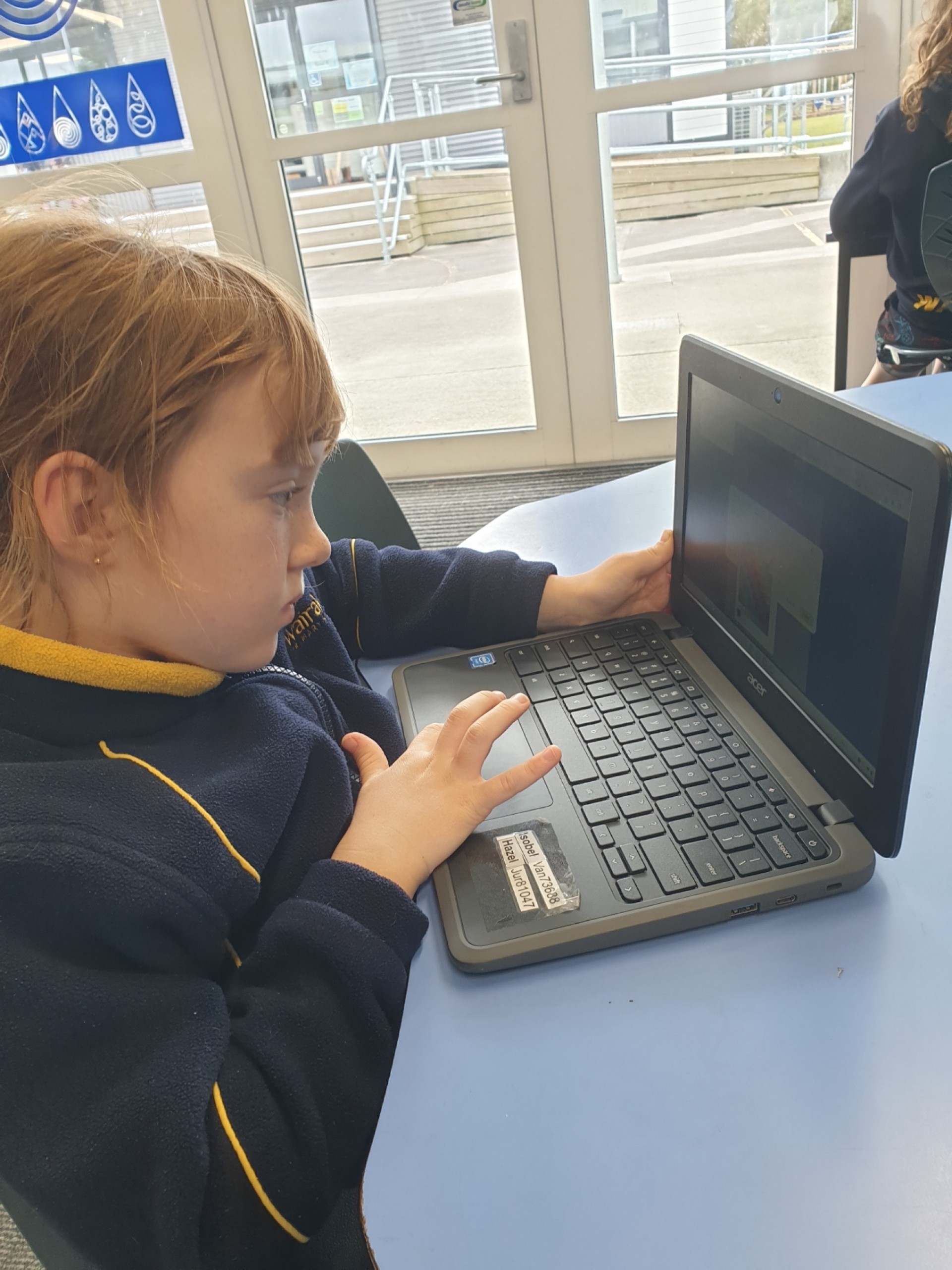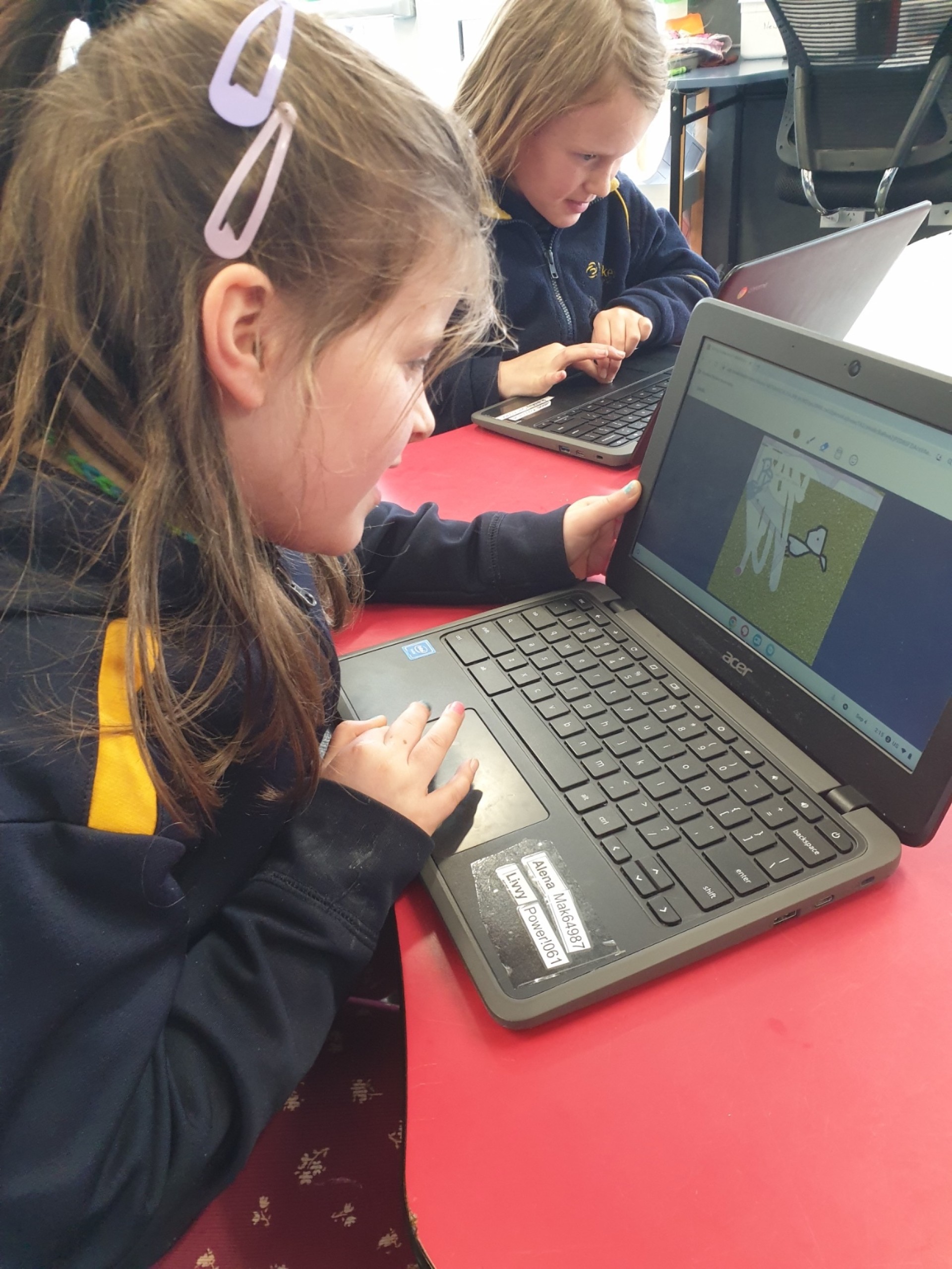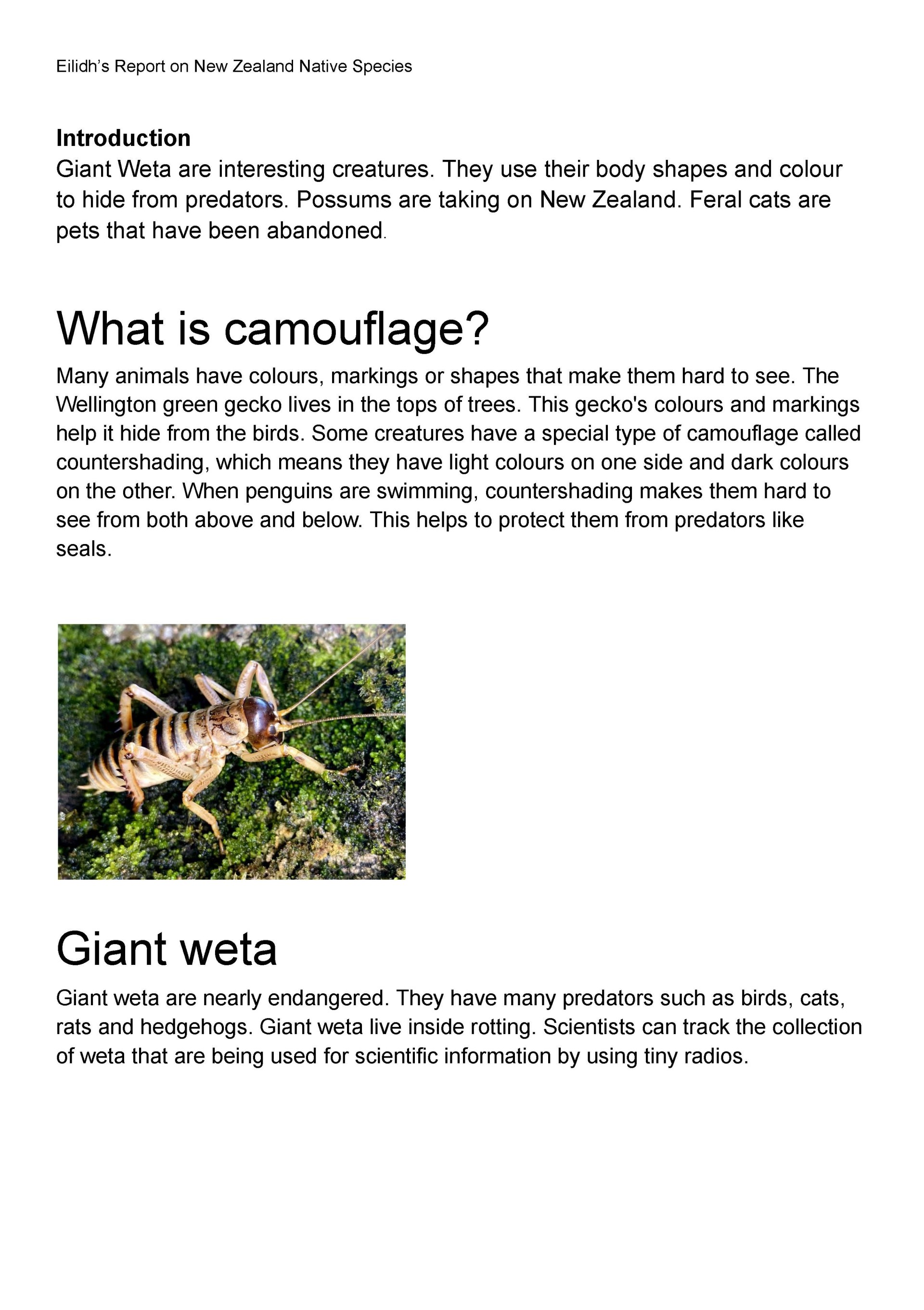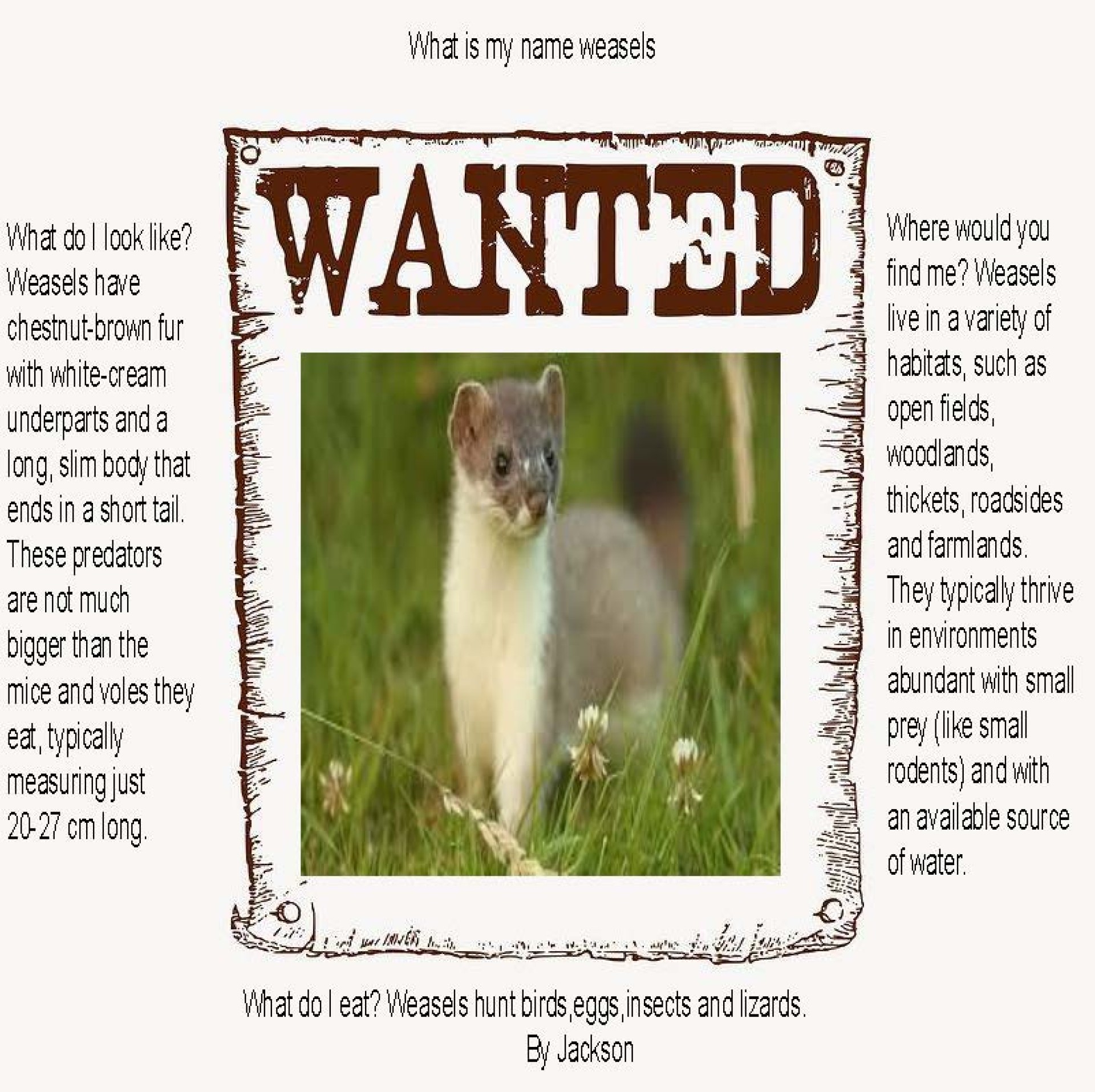The fundamental skills being developing is how to structure an information report by using the PEEL format:
- making a Point
- providing Evidence to support their point
- presenting further Evidence
- Linking it back to our main Point, has given students a process to follow.
PEEL encourages students to organise their thoughts and communicate ideas effectively.
We've been learning this cool thing called the PEEL paragraph. It helps us organise our thoughts in our reports. It's like building a strong tower of information.
Room 5 discovered the art of locating key facts while reading. They recorded information as it was found in the reading material provided.
Brainstorming sessions provided valuable chances that helped the students to organise their thoughts. They are learning to jot down all their ideas related to a topic and then put these into their text using bullet points.
Room 5 were fascinated by the concept of camouflage. They discoved how native species have evolved to blend seamlessly into their environment for survival. From leaf-tailed geckos to moreporks, they uncovered incredible examples of adaptation from the local habitats..
Each student selected a native New Zealand species to write their information report about. They researched the animal's habitat, behaviors, diet, and its unique characteristics.
Did you know New Zealand's first mammal is still alive today. It is the lesser short tailed bat. It can’t fly and crawls around the forest floor to find food. This makes it easy prey for cats, dogs, possums and rats.
New Zealand native frogs are not the ones you see in troughs; they will only be found on trees and one species lives near stream banks. Our frog does not live in water at all, and they come out of the egg as a frog.
Room 5 also studied the impact possums and feral cats have on New Zealand's ecosystem. Discovering how these introduced species have endangered our native flora and fauna, and how efforts are being made to eliminate their effects added to the content of the written reports.
Taking Action to Save Species
The learning journey doesn't end with knowledge accumulation. Room 5 started brainstorming ways to make a difference. From spreading awareness about the importance of conservation to participating in local initiatives, they are eager to contribute to the well-being of their chosen species.





Comments
No one has commented on this post yet.